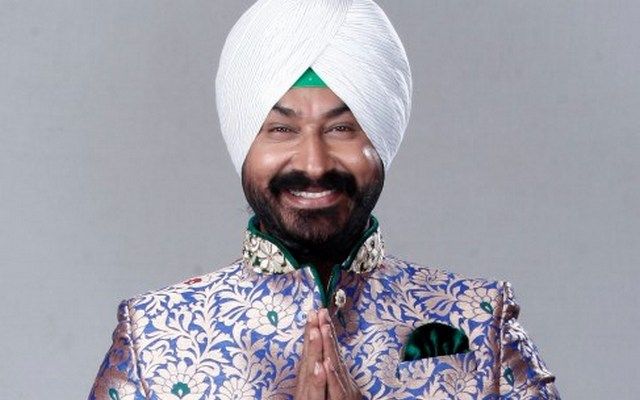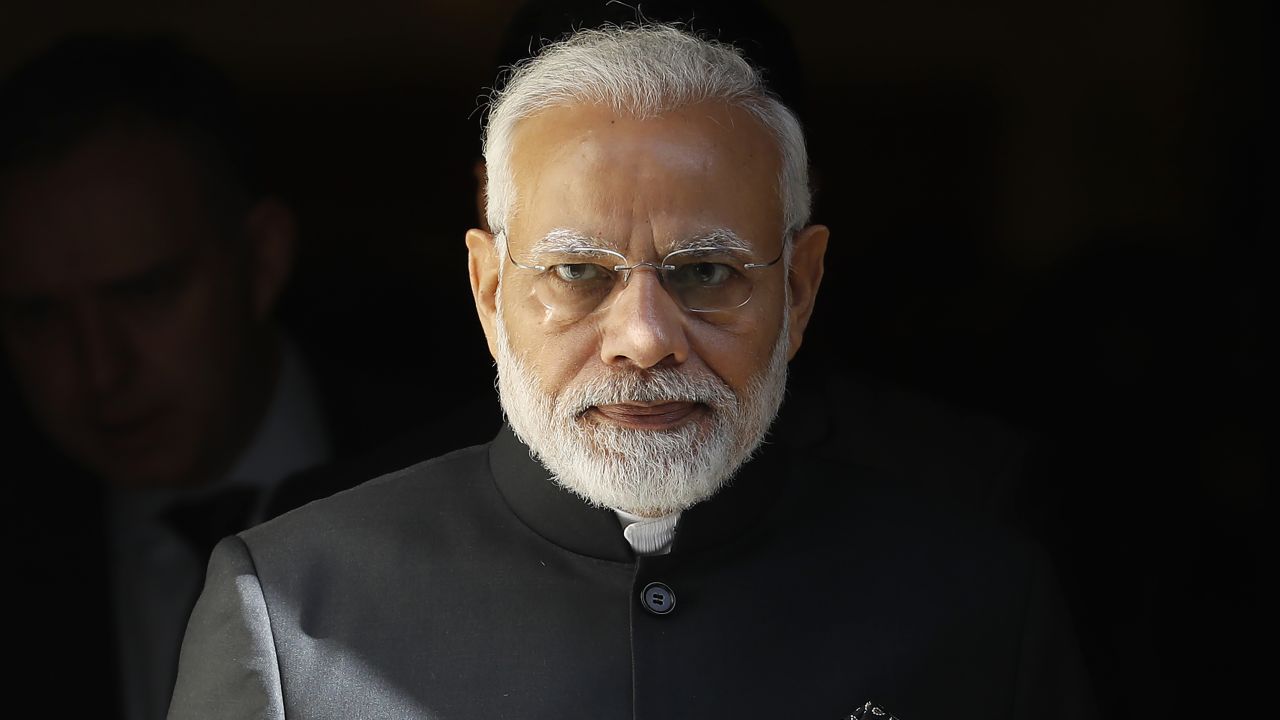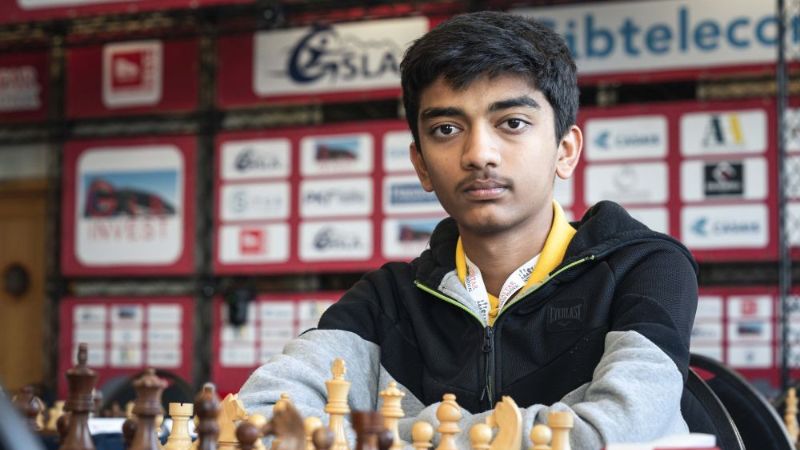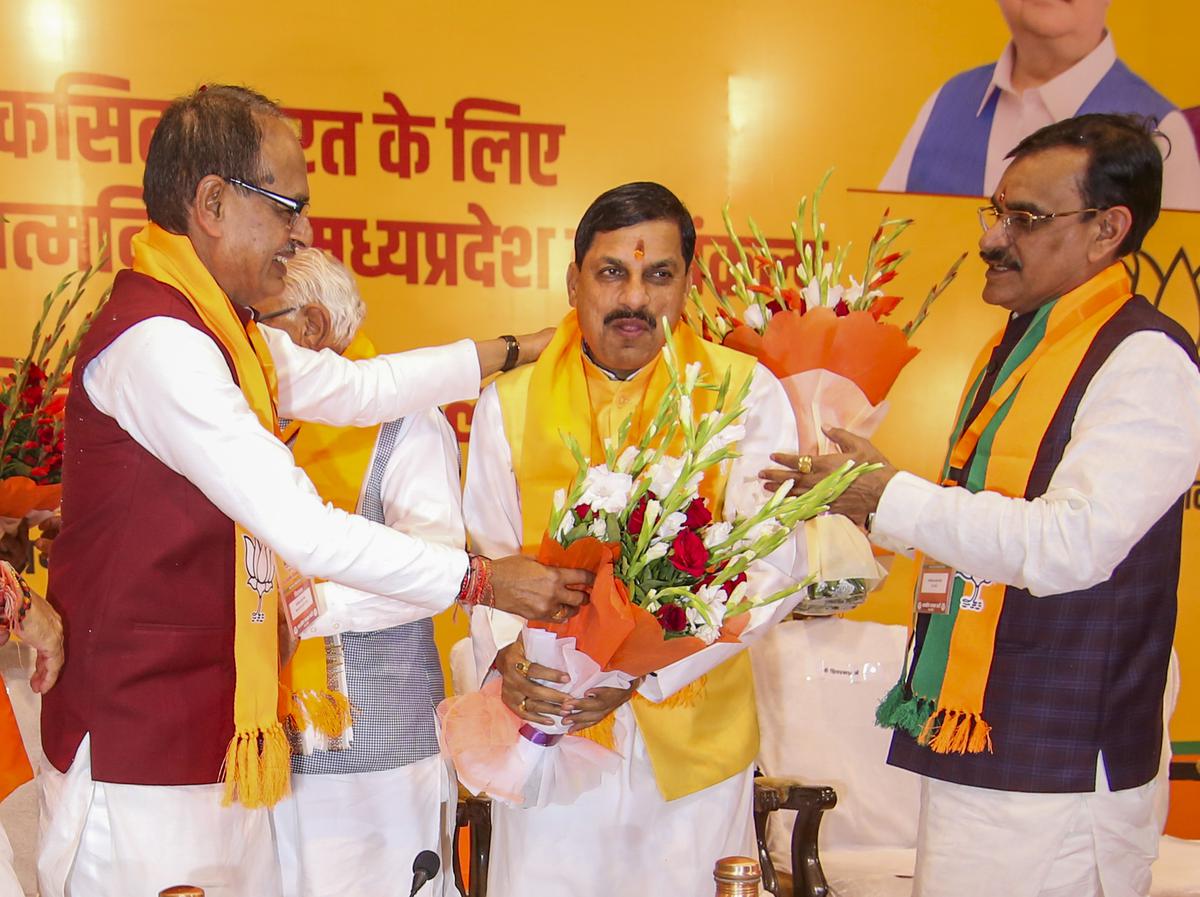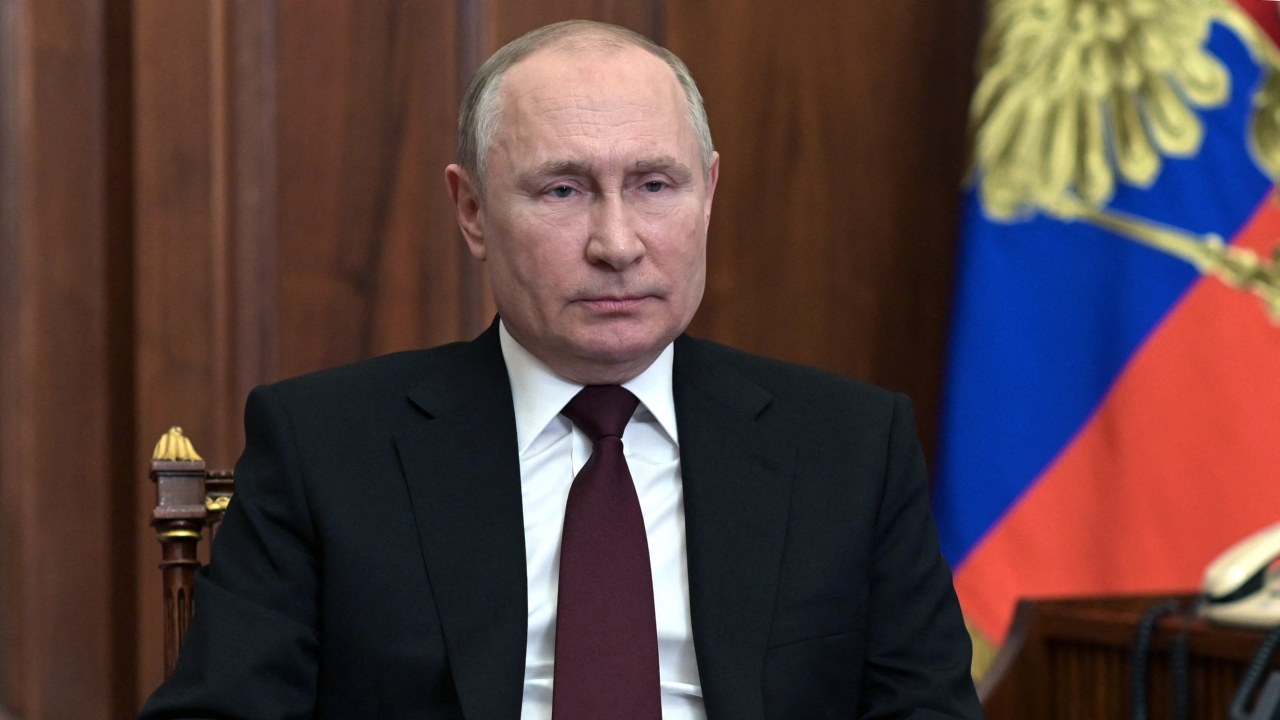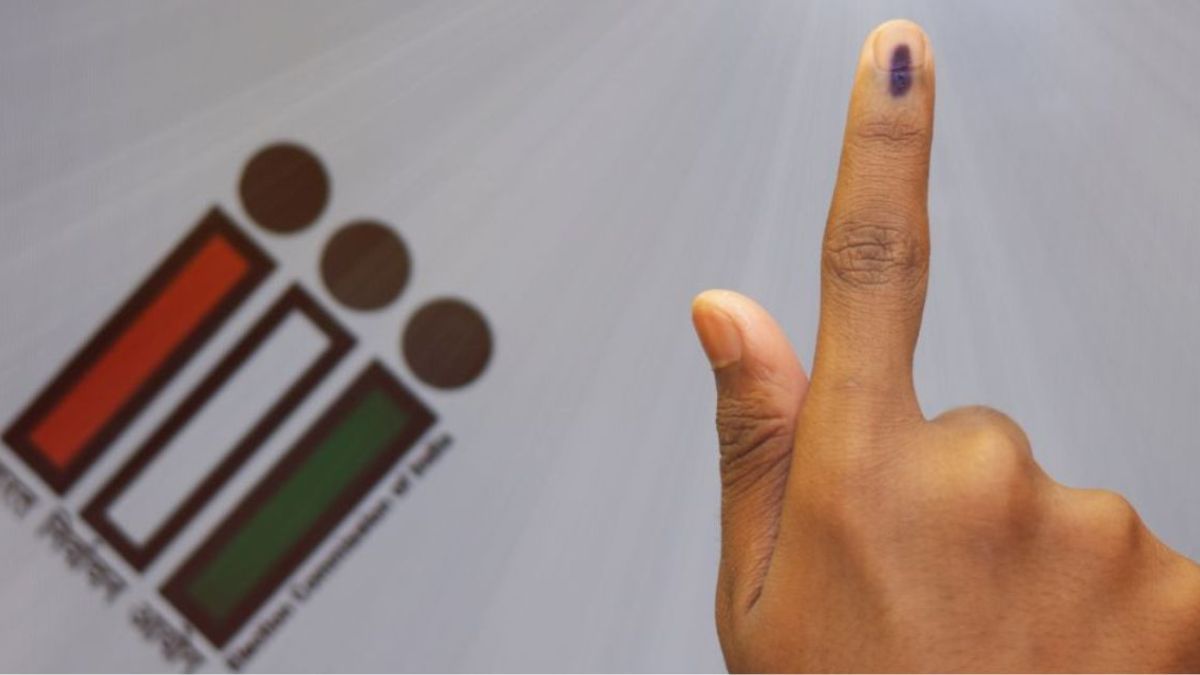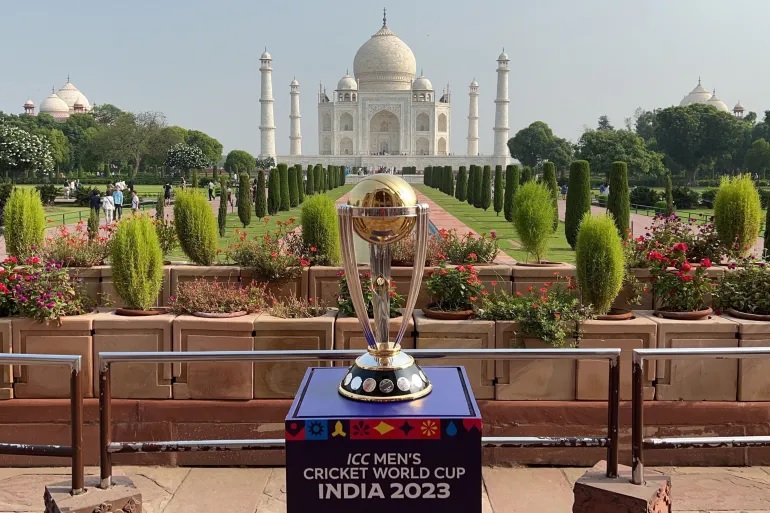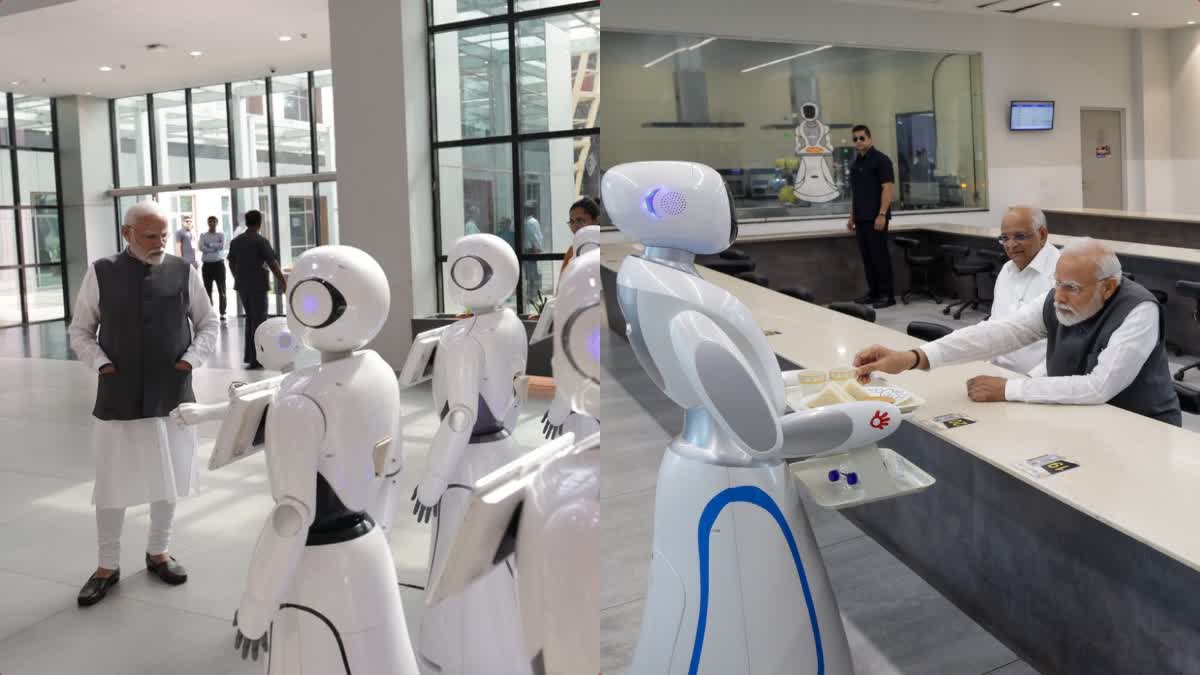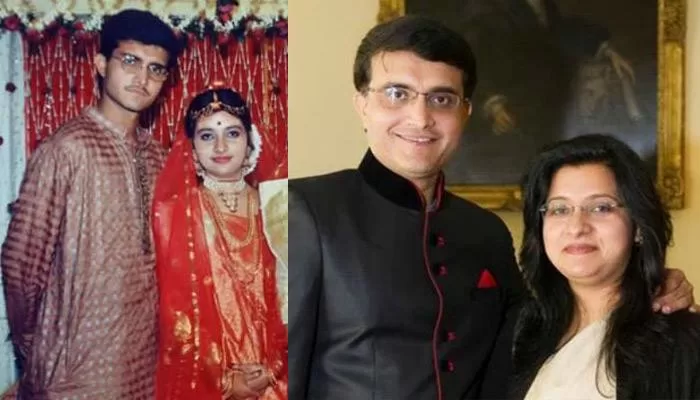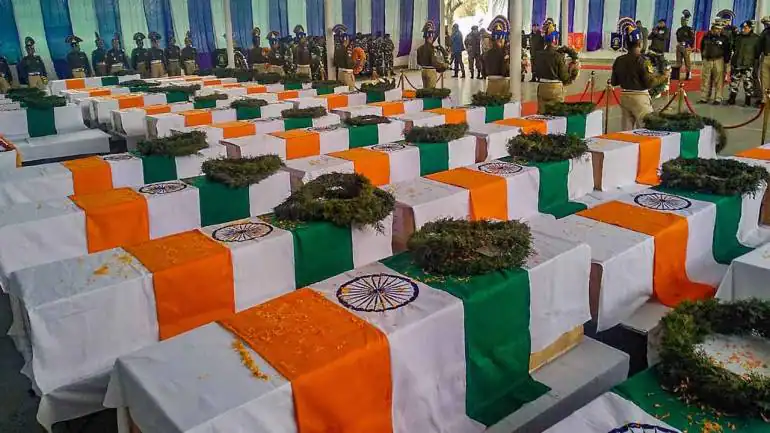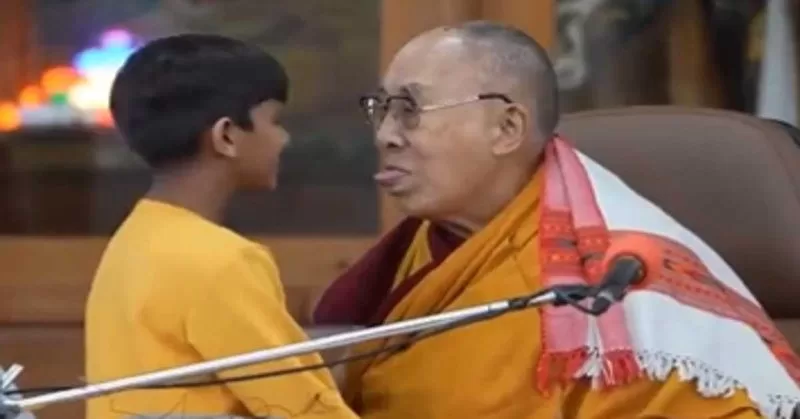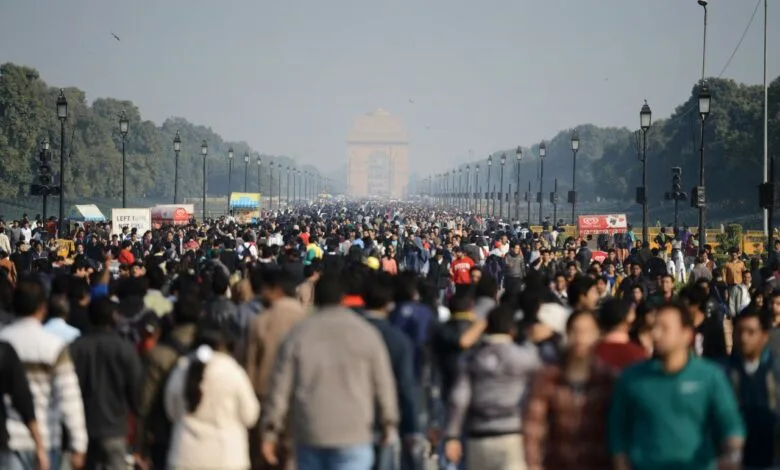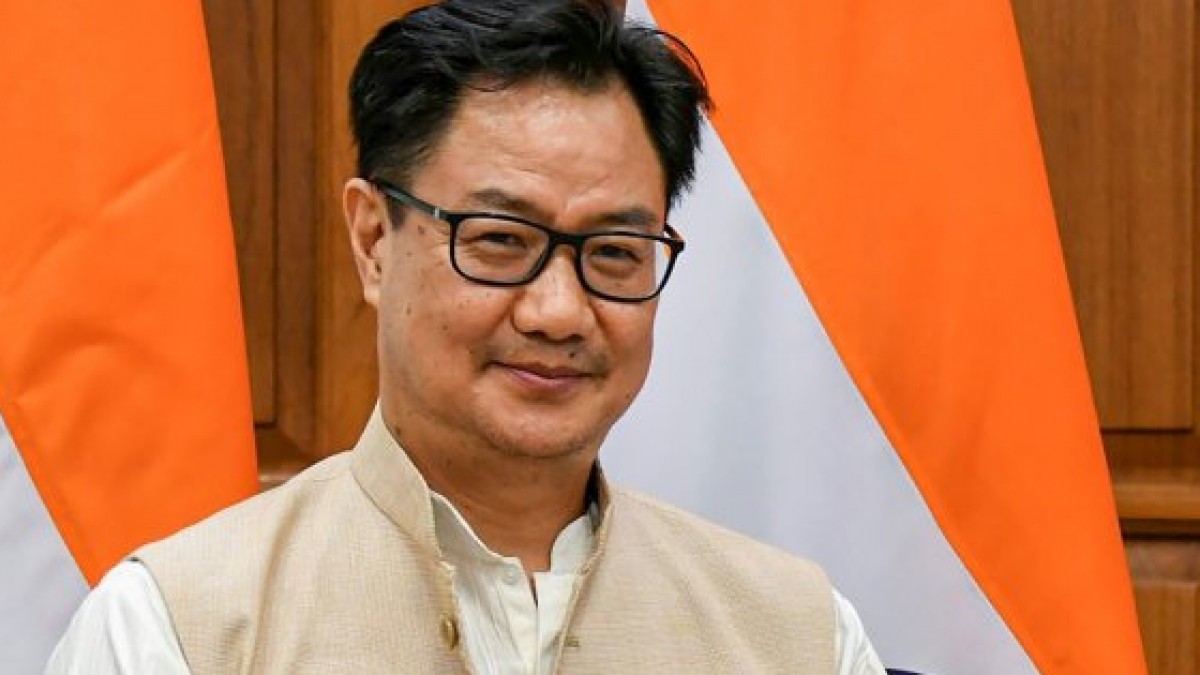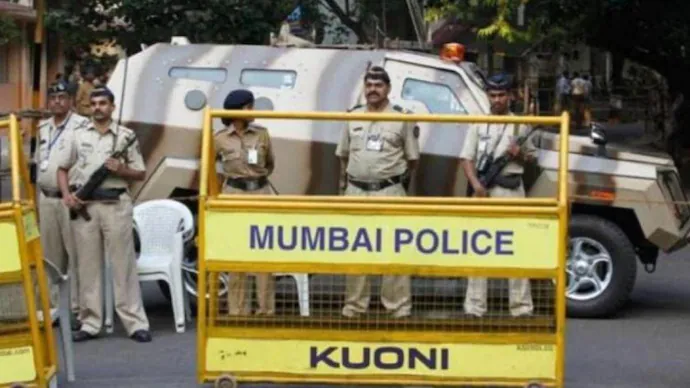
India opted not to participate in the UN General Assembly’s voting on a draft resolution on Islamophobia, which was proposed by China and submitted by Pakistan. India contended that, as opposed to concentrating solely on one religion, it was critical to recognize the pervasiveness of “religiophobia” directed towards other religions, including Buddhism, Sikhism, and Hinduism, which are targets of prejudice and violence.
The 193-member General Assembly approved the resolution “Measures to combat Islamophobia,” which was put forth by Pakistan on Friday. There were 115 votes in favor, 0 against, and 44 abstentions, including those from Brazil, India, France, Germany, Italy, Ukraine, and the UK.
The Permanent Representative of India to the UN, Ruchira Kamboj, has denounced all acts motivated by anti-Semitism, Christianophobia, and Islamophobia. However, she has also stated that it is critical to acknowledge that these phobias are not unique to any one of the Abrahamic faiths.
There is plenty of evidence that followers of non-Abrahamic religions have encountered religiophobia in the past. She gave the following explanation of India’s position on the resolution: “This has led to the emergence of contemporary forms of religiophobia, particularly anti-Hindu, anti-Buddhist, and anti-Sikh sentiments.”
The passage of the resolution, India stressed, should not create a precedent that would lead to further resolutions centered around islamophobia or any other religious phobias, “potentially dividing the United Nations into religious camps.” “The UN must continue to stand tall above these religious issues, which have the power to divide us rather than bring us together under the banner of peace and harmony, welcoming the world as one big family,” said Kamboj.
Also read: Russia elections 2024: Putin wins again.
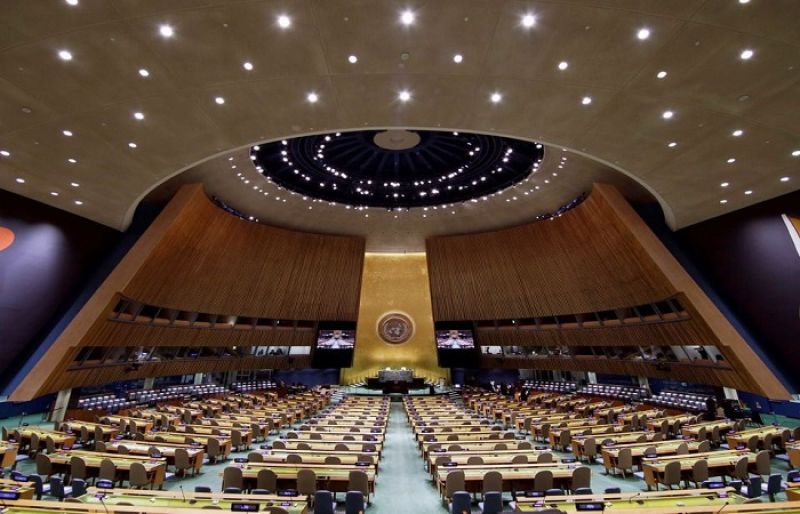
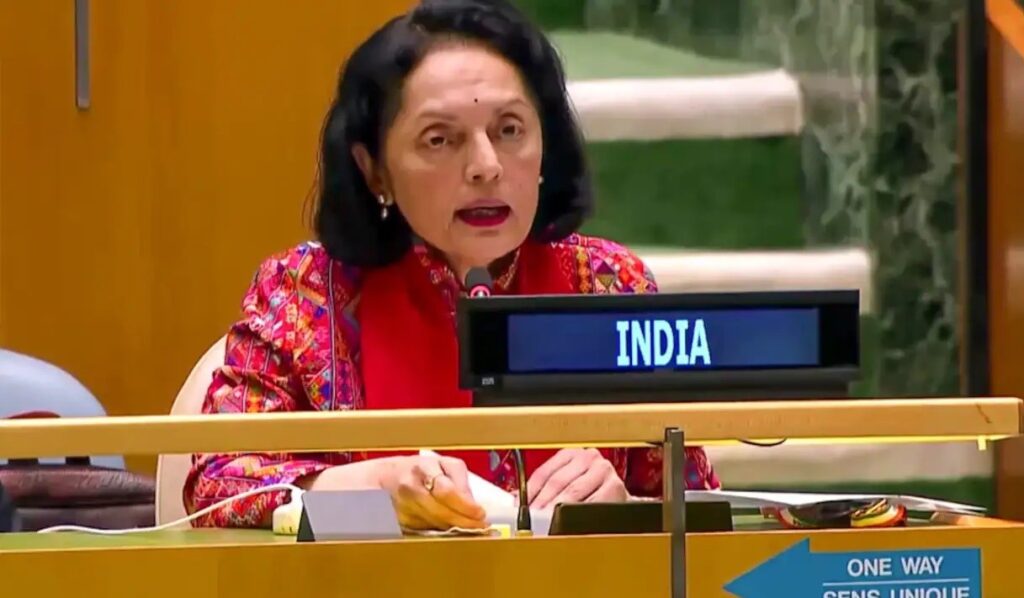
India pleaded with all the members to consider the broader spectrum of religious discrimination that persists worldwide. India chose not to take part in the vote by the UN General Assembly on a draft resolution on Islamophobia that Pakistan and China had submitted.
“While the significance of the Islamophobia issue cannot be overstated, we also need to acknowledge that other religions face persecution and acts of violence. The speaker went on to say that it might be inadvertent to maintain feelings of exclusion and inequality if all of the focus is directed against combating Islamophobia while neglecting the similar issues that other religions face.
Speaking before the UN General Assembly, Kamboj said that “it is crucial to recognize” that discrimination based on religion affects more than 1.2 billion Hindus, over 535 million Buddhists, and over 30 million Sikhs worldwide.
“Rather than focusing on a single instance, it’s time to recognize the widespread occurrence of religiophobia,” said the speaker.
Kamboj asserts that attacks on places of worship, such as gurudwaras, monasteries, and temples, as well as the spread of false information and animosity toward non-Abrahamic religions throughout numerous countries, are examples of contemporary forms of religiophobia.
“The rise of contemporary forms of religiophobia against non-Abrahamic religions is largely due to the destruction of the Bamiyan Buddhas, violations of gurudwara premises, massacres of Sikh pilgrims in gurudwaras, attacks on temples, and the glorification of breaking idols in temples,” said the speaker.
When the Taliban destroyed the massive Buddha sculptures of Bamiyan in Afghanistan in March 2001, the entire world denounced them.
India “stands against all anti-Hindu, anti-Buddhist, and anti-Sikh sentiments,” including Islamophobia, Christianophobia, and antisemitism, according to Kamboj. The resolution denounced the incitement to discrimination, hostility, or violence against Muslims, as evidenced by the increasing number of incidents of Muslims defiling their holy book, attacks on mosques, sites, and shrines, as well as other acts of religious intolerance, negative stereotyping, hatred, and violence against Muslims.
It also requested that the UN Secretary-General, Antonio Guterres, appoint a UN Special Envoy to combat Islamophobia.
India declared that the appointment of a Special Envoy based solely on religion is “in principle” unacceptable.
According to Kamboj, the substantial financial consequences of making a post like this “prompt us to pause and reflect on whether this is the most effective use of resources.” Wouldn’t a more all-encompassing approach that directly addresses religious discrimination make a greater difference? She stressed that India has a long history of being a democratic, varied nation that welcomes a wide variety of religions, making it a haven for people who are persecuted for their faith.
“People of all beliefs, be they Zoroastrians, Buddhists, Jews, or followers of any other faith, have consistently found a haven in India free from discrimination or persecution,” said the speaker.
The Assembly rejected two amendments to the document that Belgium had submitted on behalf of the EU before the resolution was passed. India cast a vote in favor of both changes.
A proposed amendment sought to remove any reference to the desecration of the Quran from the text of the resolution.
The alternative amendment would have required the creation of a “United Nations focal point, within existing structures and resources, to combat anti-Muslim discrimination” in lieu of a UN special envoy.
The International Day to Combat Islamophobia was declared by the General Assembly in 2022 in response to the deadly shootings in two mosques in Christchurch, New Zealand in 2019 that left over 50 people dead.
During his remarks on this day, Guterres stated that anti-Muslim prejudice and hatred are on the rise everywhere in the world. These prejudices can take many different forms, including systemic and structural discrimination, unfair immigration laws, unjustified surveillance and profiling, and barriers to citizenship, justice, employment, and education.
The UN chief also voiced concern over “supremacist ideologies and attacks” against Jews, minority Christian communities and many others. “Hatred of one group fuels hatred of another. Hate normalizes hate. Hate destroys the fabric of our societies,” he said.


































































































